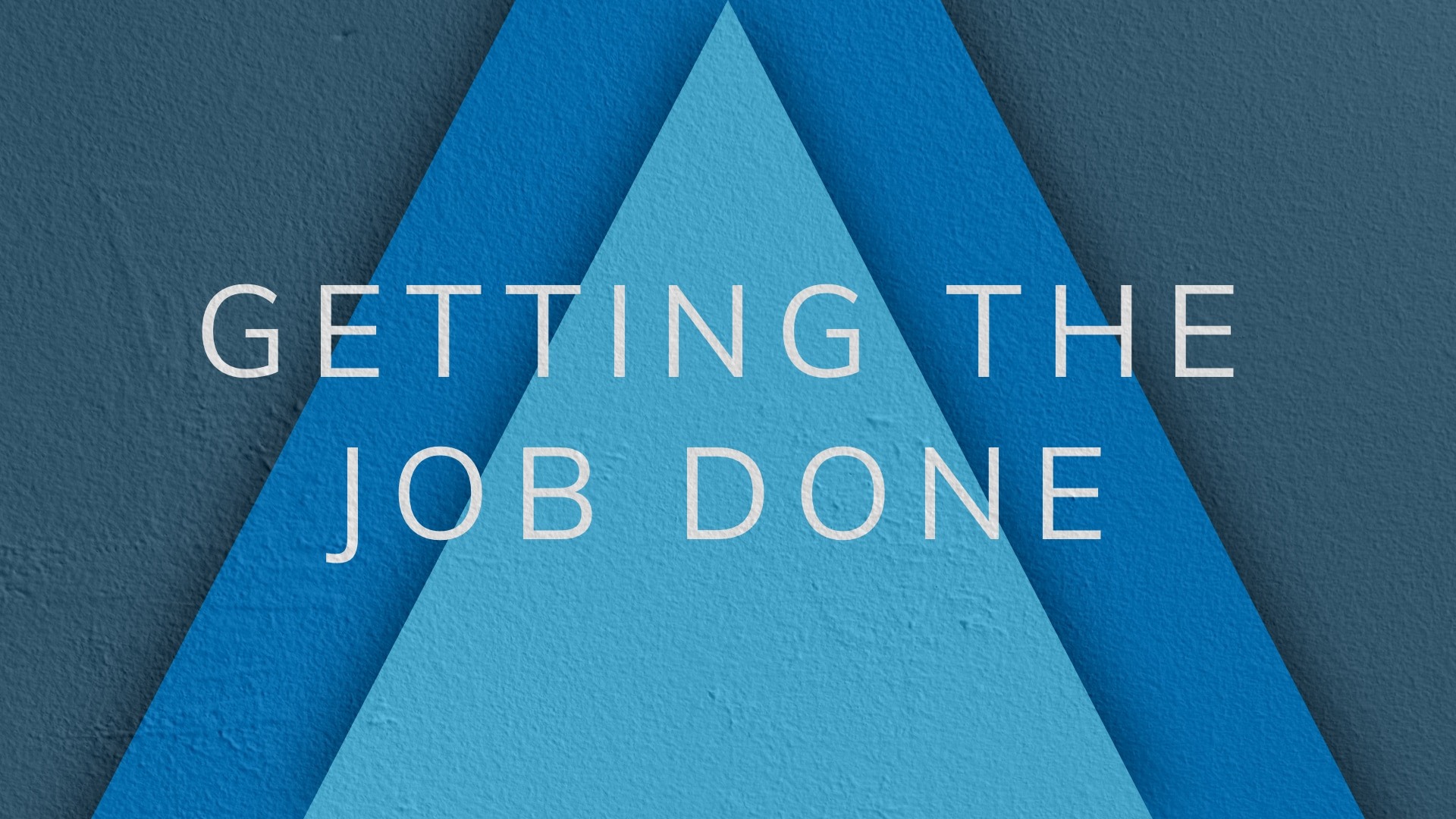Candidness

Openness, honesty and frankness lead us to the most creative and best work.
Creativity Inc, by Ed Catmull, is one of our favourite books.
We like it so much it's become essential reading for all staff at Brightec. It features on our core reading list. It has helped shape what we do, and strive for, with our team culture.
The book tells the story of Pixar and is, at heart, a book about how to build a creative culture.
If you have a copy then flicking to page 86 will find you this quote:
"A hallmark of a healthy creative culture is that its people feel free to share ideas, opinions, and criticisms. Lack of candor, if unchecked ultimately leads to dysfunctional environment."
This quote is important to us, and we highlight it almost weekly in our Value of the Week sessions. In these sessions, we highlight one of our company values, discuss it's meaning and how we apply it to our work and culture.
A few pages on, the book gives an excellent summary of why candour is so essential:
"Candor could not be more crucial to our creative process. Why? Because early on, all of our movies suck"
For us, that's design and development ideas. And, it's true, at the outset they all suck (at least to some extent). However, what we've developed is a team that can call out our iffy ideas and refine them with us to make them better.
We sell our time and our ability to create (think of) great solutions to our clients. If we weren't candid with each other, we would be at risk of burning through clients budgets on bad ideas.
Receiving feedback
One part of candour is giving feedback and opinion; the other is being able to receive it well. For anyone working creatively, this skill is rarely taught but essential.
We have another well-loved book at Brightec called Design is a Job by Mike Monteiro. This book talks about designer etiquette. I would say it is critical reading for anyone in our industry.
Chapter 7 has a section 'Be Open to Being Wrong’. In which it says:
"I can't tell you how many times I've walked into a presentation totally confident that what I was presenting was rock solid, only to have a client come up with an obvious use case that I'd overlooked and which brought the whole thing to a crashing halt. And that's good. Because part of the design process is finding those holes."
Since this blog is about candid, it feels right to admit I’ve been there.
Being able to accept criticism and feedback is incredibly important. Giving sound reasoning for your decisions and knowing when to take a different point of view is part of working well with others.
Some struggle to accept feedback and often this can be down to a misplaced sense of identity. People can fall into the trap of seeing their work as who they are. That's pretty common in our industry. Unhelpfully, we even go as far as to use the word 'creative' to describe a person's personality, not their job. For that kind of person, the criticism of their work can feel like critiquing who they are. Reading ‘Design is a Job’ would help with understanding the difference.
Formality
Although candour is a cultural point and should become part of a team’s makeup, it’s also helpful to make it a deliberate part of the process. One way we do that is to make sure every piece of work we do is peer-reviewed. That allows us to give feedback regularly. But it also means we expect to receive feedback daily.
We see candour as something to work on and the more opportunities we get to do it, the better we will become. The regularity also keeps us in a healthy mindset of not keeping our work too precious.
Further Reading
Recently, I've read the book 'Radical Candor: How to Get What You Want by Saying What You Mean' by Kim Scott. This book is fantastic at putting the need for candour into real-life examples and applying it to your environment.
(This post is part of a series exploring the principles that have helped shape the creative teams I have worked with, as well as myself. Click here to read them all.)
Looking for something else?
Search over 450 blog posts from our team
Want to hear more?
Subscribe to our monthly digest of blogs to stay in the loop and come with us on our journey to make things better!

